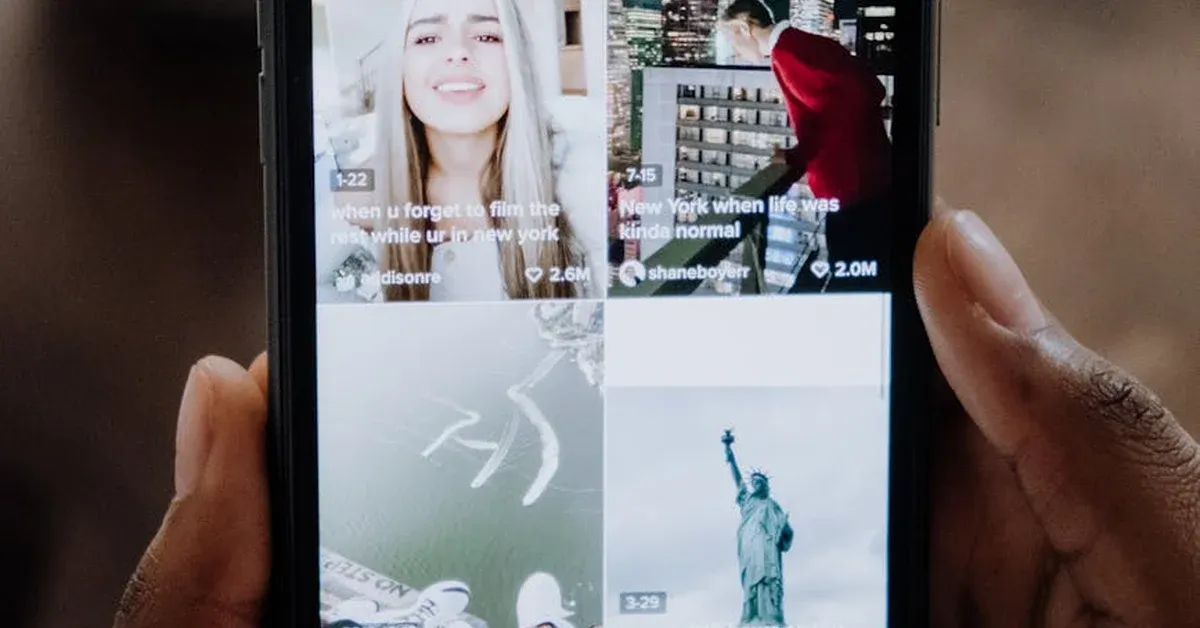
The internet is dead. That’s what Reddit co-founder Alexis Ohanian believes, and he’s not being dramatic. What seemed like a crazy conspiracy theory ten years ago is now reality. Our digital world has shifted from a lively community to a bot-filled wasteland where real human voices get drowned out by artificial noise.
Ohanian doesn’t mince words when he says “much of the internet is now dead” because of bots, AI-generated content, and what he calls “LinkedIn slop.” Coming from someone who helped build the early web, this statement hits hard. And many users agree - the internet feels less human every day.
Bots Run the Show Now
The dead internet theory claims that automated content and bots control most online activity, pushing real human interaction aside. This goes beyond spam comments. We’re talking about AI writing entire articles, faking conversations, and creating false engagement on social media. The line between human and machine content has disappeared completely.
What used to be theory is now obvious reality. Researchers from Swiss universities found that bots and AI-assisted humans create so much content that users can’t tell what’s real anymore. This flood of artificial information doesn’t just annoy people - it changes how we see online reality.
This bot takeover affects everything from trending topics to public opinion polls. When companies try to understand their market or gauge public sentiment, they’re analyzing data corrupted by fake accounts. It’s like counting attendance at a concert where half the crowd is holograms. The problem isn’t just noise - it’s completely fake interaction that makes real voices harder to hear. This might sound familiar if you’ve read about how Your Favorite Website Is 70% Bots and Nobody’s Telling You.
Where Are All the Real People
What happens when bots flood the web? Real human connection suffers. We log into social media hoping to connect with others, but instead we get algorithmic content designed for clicks, not conversation. The community feeling that made the early internet special is breaking apart, replaced by sterile, curated experiences.
This isn’t just tech leaders complaining - regular users feel it too. Many people report feeling more isolated on social media than connected. Finding genuine human voices among generic, AI-assisted posts gets harder every day. When likes and shares can be faked, the whole system of social validation falls apart. We start questioning whether our digital interactions are even real.
Trust is the real casualty here. When any comment section might be full of bots and trending topics can be manipulated, we lose faith in shared digital experiences. We scroll through fake human activity, training ourselves to distrust the very platforms meant to connect us. The internet becomes less about communication and more about subtle manipulation.
Building a Human-Only Internet
If today’s internet is broken, what’s the fix? Ohanian wants a “next generation of social media” that is “verifiably human.” This doesn’t require fancy new technology - just a return to real human interaction. He points to group chats as examples, where communication stays natural and people know who they’re talking to.
The future might involve moving away from huge, anonymous platforms toward smaller communities. This could mean better identity verification or decentralized networks where users control their data and interactions. The market impact could be huge, with people choosing platforms where they know they’re talking to real humans, not clever bots.
Companies fighting the bot problem face a tough choice: create authentic experiences without losing users or revenue. But as fake engagement frustrates more people, human-first platforms become more appealing. The next wave of online platforms might focus on quality interactions over user quantity, completely changing our digital lives. Tech publications are already covering the search for genuine human connections.
The dead internet theory isn’t predicting doom - it’s a wake-up call. It forces us to see how artificial our digital lives have become and decide what we actually want online. The challenge now is building a web where messy, beautiful human truth can thrive again, free from the endless chatter of machines.